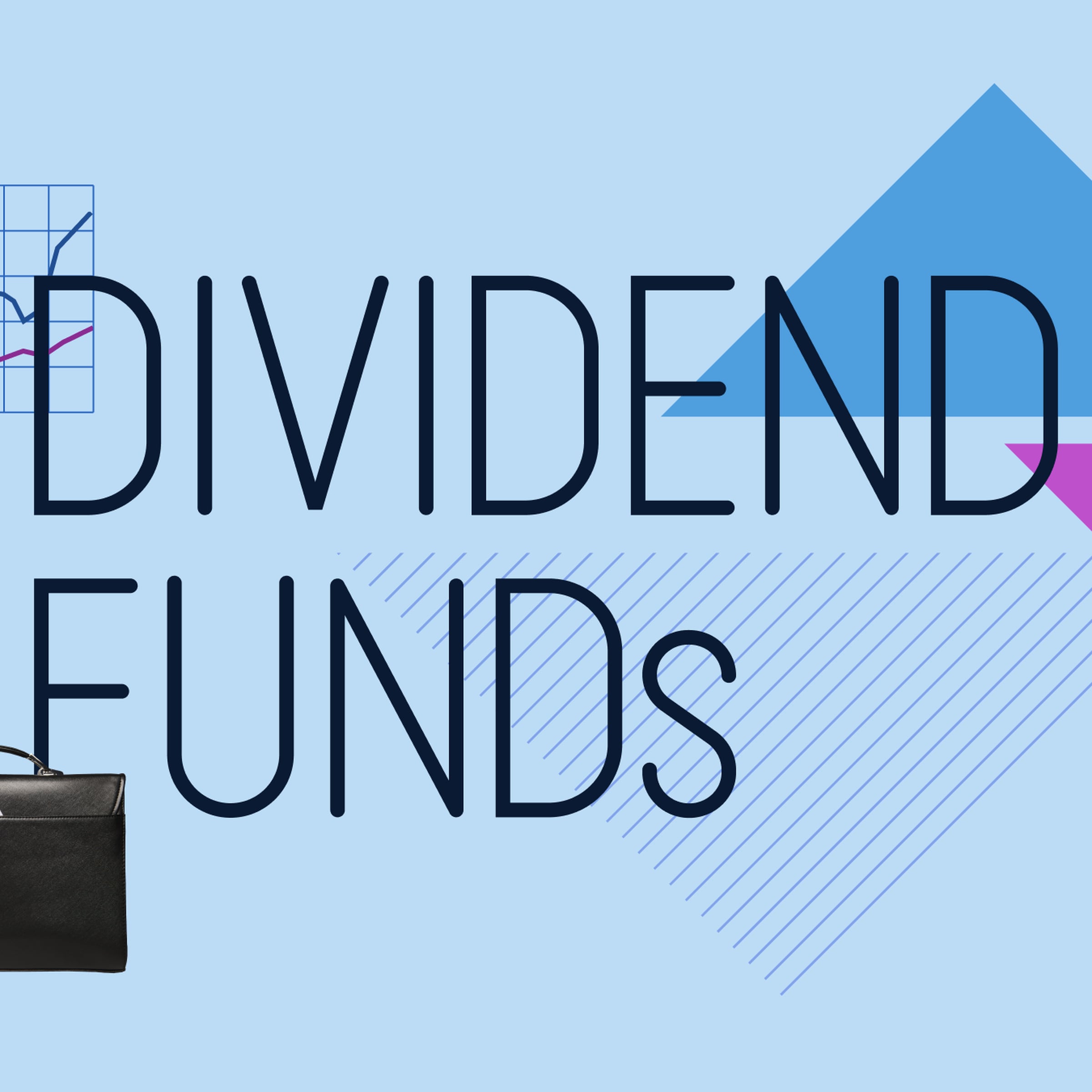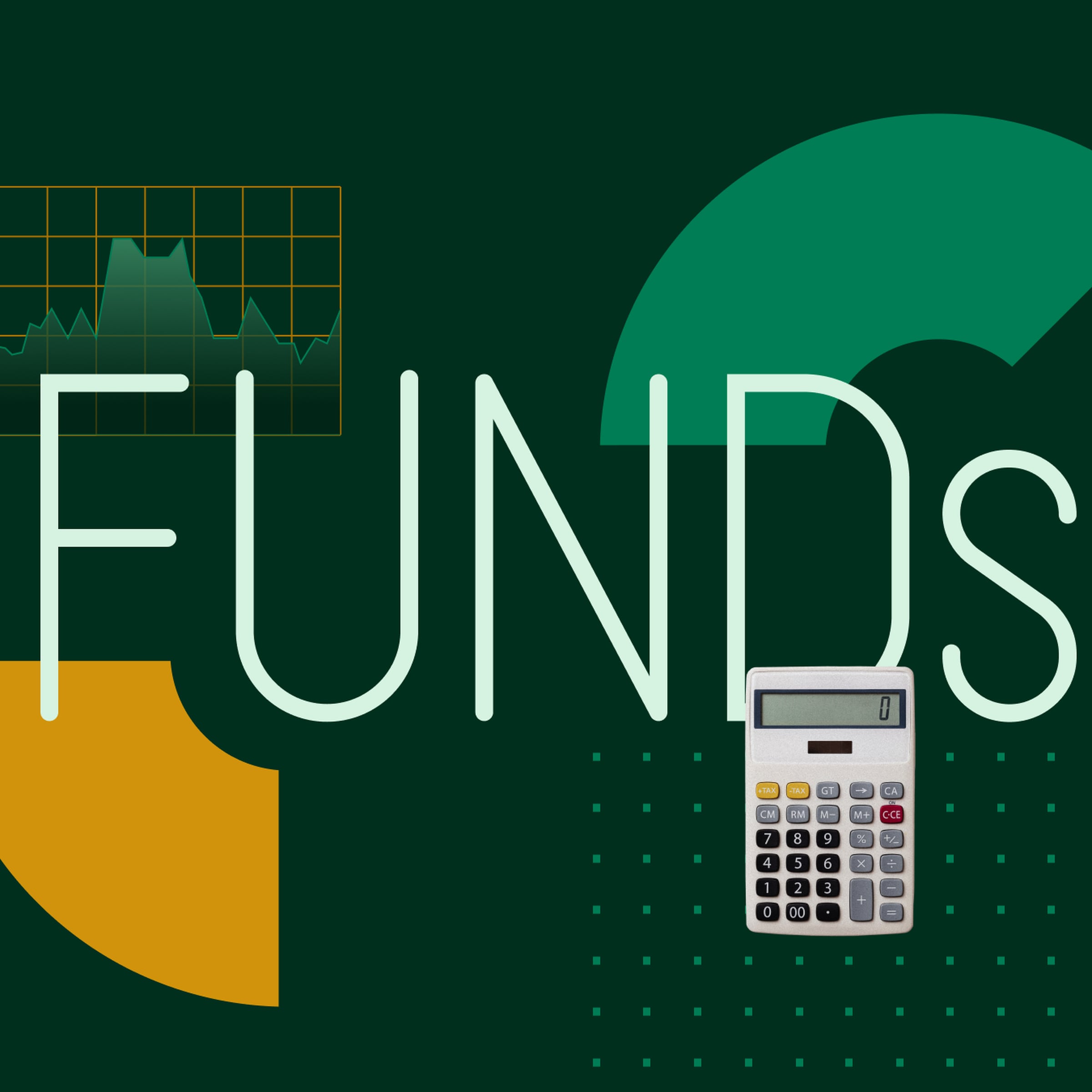Should You Park Cash in a Money Market Fund?
Money market funds offer limited returns, but investors flocked to them in 2019
On the face of it, there is little reason to invest in a money market fund. After all, why would you pay a fund manager to put your money in a savings account when you could easily do that for yourself?
But UK investors have still poured billions of pounds into these funds in 2019.
Yet the returns are meagre at best. The top performing money market fund has returned just 0.70% over the past year – five basis points below Bank of England interest rates – and the worst 0.17%. Not only are these returns paltry, crucially they do not beat inflation, which stood at 1.5% in November, according to the Office for National Statistics (ONS). That means investors are losing money in real terms by backing these funds – so why would you choose one?
2020 has plenty to unsettle investors – the US Election, Brexit – so it’s not surprising that many investors are increasing their allocation to cash. There are limited options for savers looking to do this: you can squirrel money away quite literally under the mattress at home, find a high street savings account or choose a money market fund.
Diversification Benefits
The benefits of the latter are liquidity – your money is not tied in for a set period as it might be with a savings account – and diversification: a money market fund will spread your cash across a number of different deposits rather than leave it all in one place. It is also worth considering, that those with money already sheltered from the taxman in an Isa or pension wrapper would lose that protection if they moved their money to a high street account.
Aberdeen Standard Liquidity, for example, has its money spread across 240 holdings including investments with institutions such as Royal Bank of Canada, Qatar National Bank and Sweden’s Swedbank.
BlackRock Cash, meanwhile, has 108 holdings spread in different banks all over the world including those in Canada, US, Denmark. It also holds money with UK-listed banks HSBC and Lloyds, and Japanese companies such as Mitsubishi and Sumitomo.
David Callahan, head of Money Market at Lombard Odier, says that credit research is a key part of their process of selecting where to invest. “We establish a universe of eligible issuers, based on internal credit assessments, as well as external agency rating”, he says. “People may not want the concentration risk of having their money sitting with just one or two banks.”
Interest Rate Risk
Another benefit of money market funds is that they can reduce interest rate risk. While government-backed gilts are often popular at times of uncertainty, locking into a 10-year gilt comes with the risk of losing out as interest rates rise.
Dzmitry Lipski, investment analyst at interactive investor, explains: “Where to hold cash has been a challenge ever since central banks drove interest rates on bank deposit to almost zero.”
Not only has that made it harder for savers to find an inflation-beating interest rate on the high street but it has forced bond yields down as more money has flowed into fixed interest. In 2019 the bond yield even inverted, meaning that investors were better rewarded for lending their money to the government for two years rather than, say, 30 years.
Craig Inches, head of rates at Royal London, says: “A cash rate of 0.75% looks very attractive when the alternative is locking into a negative rate of interest for years to come.”
Lipski likes the Royal London Short Term Money Market and Fidelity Cash funds because of their low fees – high charges are a particular turn-off on funds where there is limited scope for returns. The funds charge 0.10% and 0.15% respectively, according to Morningstar data and have returned 0.67% and 0.62% respectively over the past year.





